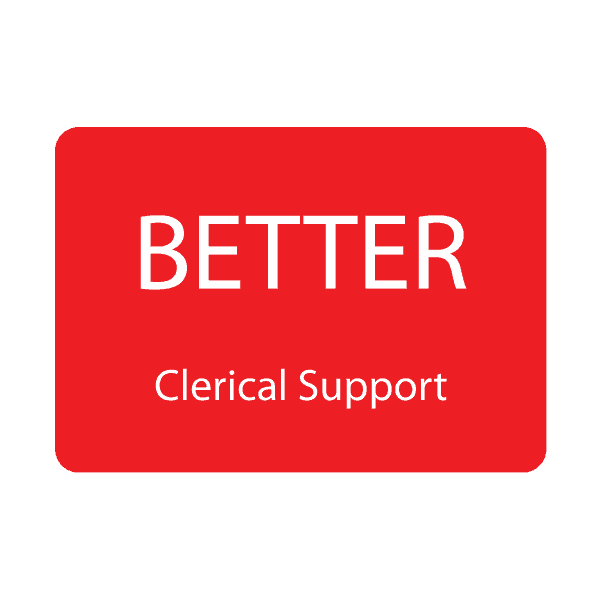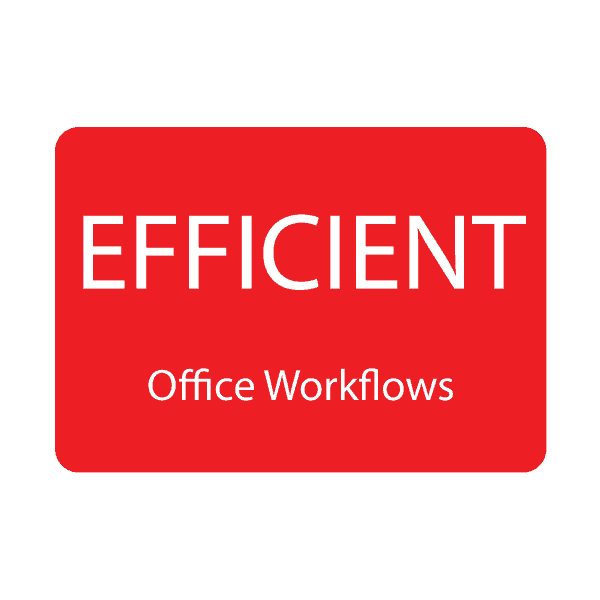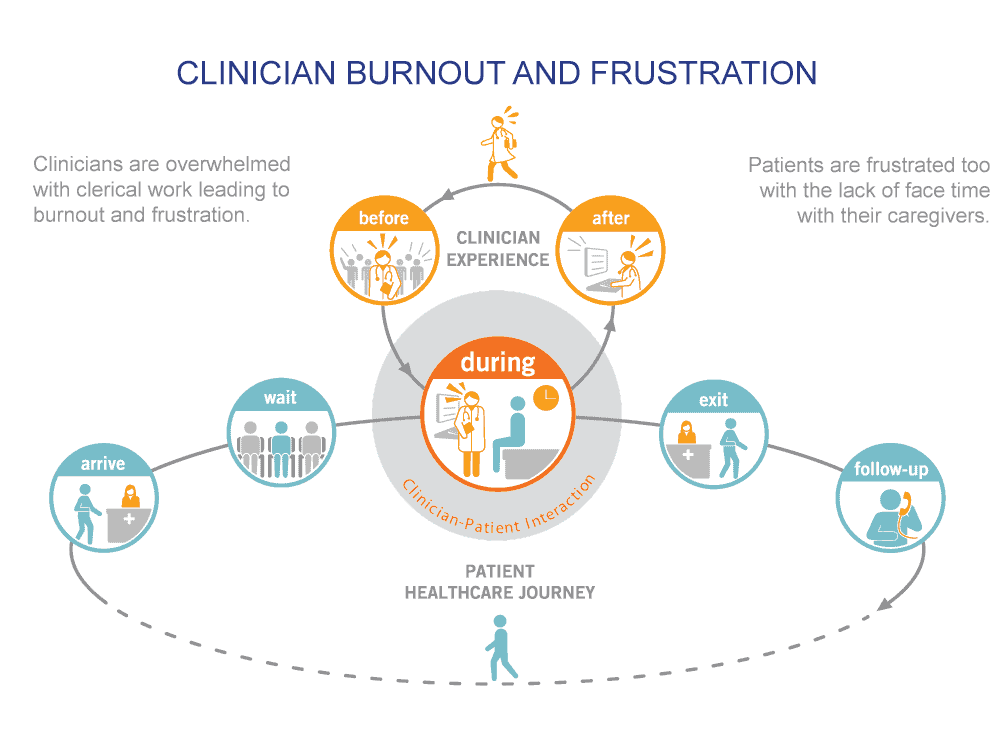Clinical Documentation Improvement




Most clinics, health networks, and other health care organizations see Clinical Documentation Improvement (CDI) as an important and ongoing goal. However, there are many factors that can negatively affect CDI. These include:
- Poor documentation of patient encounters
- Misfiling documentation, e.g. adding structured data into non-structured data fields
- Physician burnout, frustration, and lack of EMR training
- Transition to EMR systems or new software
- Unfamiliarity with any given documentation system within a health organization
- An overall lack of clerical support for clinicians

At the heart of this problem in the majority of cases these days is the EMR. Physicians and clinicians are suddenly being asked to become data processors without the training or confidence needed to accurately update electronic patient records. That ultimately leads to frustration all the way around: for the clinicians, for the practice managers and health information managers (HIMs), and for all office staff.
iMedat can help with your clinical documentation improvement efforts. Our professional medical transcriptionists and virtual medical scribes provide the clerical support clinicians need. Not only do these services improve the quality of your clinical documentation, they reduce stress and improve morale within the office. Plus, many offices find the added support allows their clinicians can see more patients each day, boosting billables.

How iMedat’s Documentation Services Work

Set Up Your
Account
It’s fast and easy!

Upload Your Audio
We Accept All Major File Types

Download Your Transcription
Usually within 24 Hours
EMRs and Broken Promises: The Critical Flaw When It Comes to Clinical Documentation Improvement

Accurate and comprehensive clinical documentation is the foundation of all patient medical records. That’s regardless of how the organization stores personal health information (PHI):
- Electronic Medical Records (EMRs)
- Paper-based medical records
- Hybrid models of EMR and paper-based
EMRs in particular have been shown to provide the best CDI gains. However, there is a huge caveat: EMRs are only as good as the data they contain. That means not just the quality of data they contain, but the way they hold that data.
One obvious example is structured data vs. non-structured data. Although there is a need for both within the EMR, adding the right information to the right fields is crucial to an effective EMR system.
Don’t Blame the Clinician for a Faulty System
However, improper data entry is not really the clinician’s fault. It’s true, the clinician may not capture the patient encounter in the most appropriate way. For example, too often clinicians enter information that could be captured in structured data as non-structured data entries.
But these errors can be the result of a variety of reasons including:

- Lack of training on data entry
- Misunderstanding of structured vs. non-structured data (clinicians are trained how to treat patients, not necessarily the finer points of data processing)
- Time constraints
- Physician burnout
- Frustration with EMR integration solutions (or lack thereof)
- Multi-tasking – their concentration is on the patient rather than patient documentation (as many argue it should be)
EMR systems were sold on some empty promises including reducing transcription costs and ease of use. EMRs are certainly easier to use when it comes to accessing data. But for data entry – and data entry that’s expected to be provided by the clinicians – EMRs come up woefully short. A system that expects higher-paid but lesser-trained personnel to perform technical clerical work is deficient from the start.
As for reducing transcription costs – that’s untrue too, at least from a net gain perspective. All that is really happening is that the responsibility for capturing patient data fast and accurately now falls upon the clinician. Are you really saving money if your high-paid clinician takes over the work of a lower paid clerical worker?
The critical flaw then when it comes to clinical documentation improvements is that clinicians are:
- Generally not trained in data entry
- Forced to multi-task and end up concentrating on documenting patient encounters rather than giving their attention to the patients themselves
- Paid too much to be asked to do clerical work
- Suffering from burnout, long hours, and job dissatisfaction
The result: the most highly paid professionals in health offices are being asked to do their own clerical tasks. Not only is this an inefficient use of their time, both patient care AND patient encounter documentation are suffering – not to mention the clinician’s mental health.
How iMedat Helps with Clinical Documentation Improvements

Clearly, clinicians – and the medical records they keep – can benefit from more clerical help. iMedat provides two main services that can help clinicians free up their time from documenting patient encounters and get on with actually talking to the patients:
With iMedat, clinics, clinicians, doctors’ offices, and other health care organizations can quickly improve the quality of their patient records. iMedat’s clinical documentation professionals can ensure:
- Clinicians can spend more time with their patients, not their patient records
- Structured and non-structured data are entered correctly in the right fields
- Patient records are neat and organized so information is easily accessible. That’s true whether you use EMRs, paper-based recordkeeping, or a hybrid model.
- Less work for clinicians, practice managers, HIMs, and other staff
- Better quality of work life for all staff, particularly clinicians
- Overall better patient care
Plus, with the extra help iMedat’s professional medical transcriptionists and virtual scribes provide, your practice may be able to see more patients per day, providing better patient care even further and boosting billables.
Find out how iMedat can help you with CDI by contacting us today. With 100% U.S.-based services (we don’t offshore any PHI overseas), professional transcriptionists and scribes, flexible services, and outstanding customer service, iMedat makes clinical documentation improvements in your office easier.
